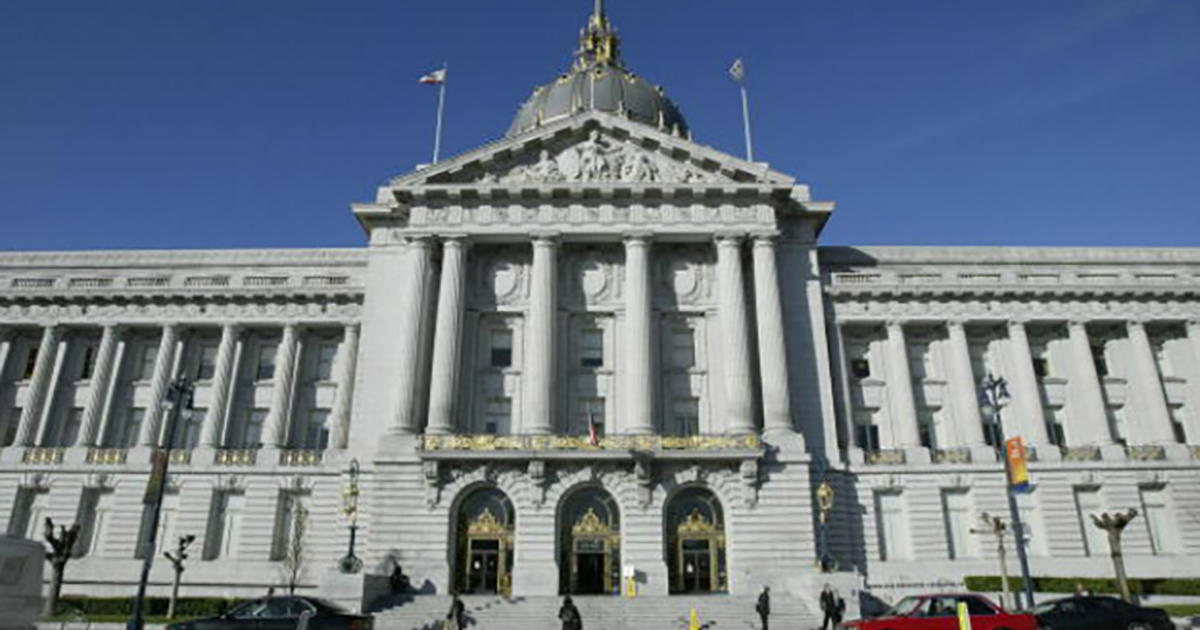The city of San Francisco recently issued a formal apology to African Americans and their descendants for the city’s role in perpetuating racism and discrimination. This apology is seen as the first step towards reparations for Black residents, with all 11 board members signing on as sponsors of the resolution. Supervisor Shamann Walton, the only Black member of the board, emphasized the importance of acknowledging past systemic discrimination and committing to rectification and redress of past misdeeds. San Francisco now joins Boston and nine states in issuing an apology for slavery.
One of the first reparation recommendations made by a city committee was a proposal for every eligible Black adult to receive a $5 million lump-sum cash payment and a guaranteed income of nearly $100,000 a year to address the deep racial wealth gap in San Francisco. However, there has been no action on these proposals, and some supervisors have criticized public safety measures that they believe would harm African American residents. Supervisor Dean Preston, representing the historically Black Fillmore neighborhood, criticized the construction of unaffordable housing for wealthier, white individuals on public land.
Despite the apology and acknowledgment of past injustices, there are uncertainties surrounding the implementation of reparations in San Francisco. Mayor London Breed, who is Black, believes that reparations should be handled at the national level and facing budget cuts, her administration eliminated $4 million for a proposed reparations office. The resolution highlights various findings, including property redlining, the displacement of Black residents due to urban renewal projects, and intentional policies that prevented Black residents from building generational wealth.
In 2020, California became the first state to create a task force on reparations, offering policy recommendations such as methodologies for calculating cash payments to descendants of enslaved people. However, recent reparations bills introduced by the California Legislative Black Caucus do not include financial redress, focusing instead on compensating individuals whose land was seized by the government, creating a state reparations agency, banning forced prison labor, and issuing apologies. Some community members, like Cheryl Thornton, a Black city employee, emphasize that an apology alone is not enough to address current disparities in health care, access to quality education, and shorter lifespans for Black individuals.
The road to reparations in San Francisco faces challenges amidst budget cuts, differing opinions on how to address past injustices, and the need to address current disparities facing the Black community. While the city’s formal apology marks a significant step towards acknowledging historical wrongs, there is still much work to be done in terms of implementing tangible reparations that address the deep-rooted racial inequalities in the city. It remains to be seen how San Francisco will move forward with the reparations plan amidst these uncertainties and challenges.









